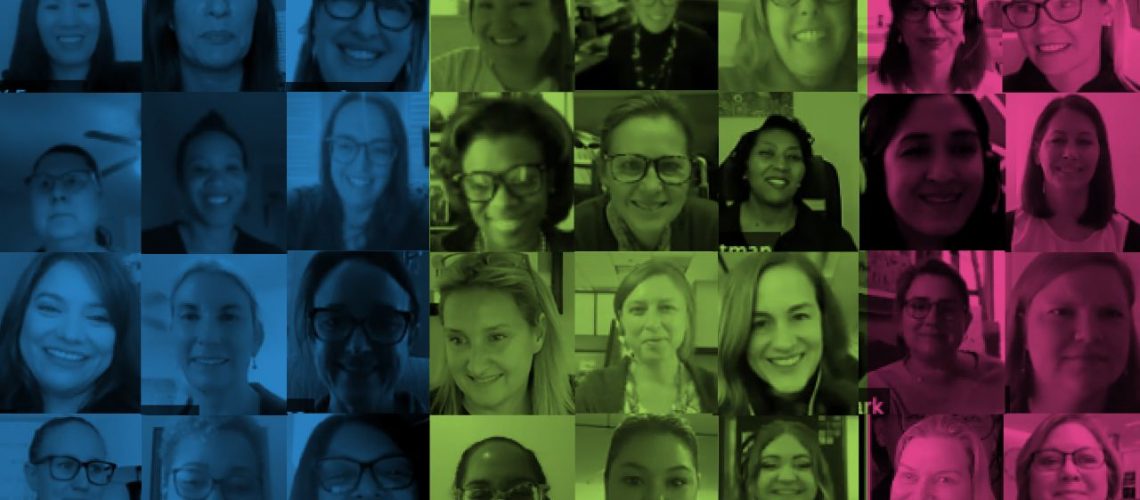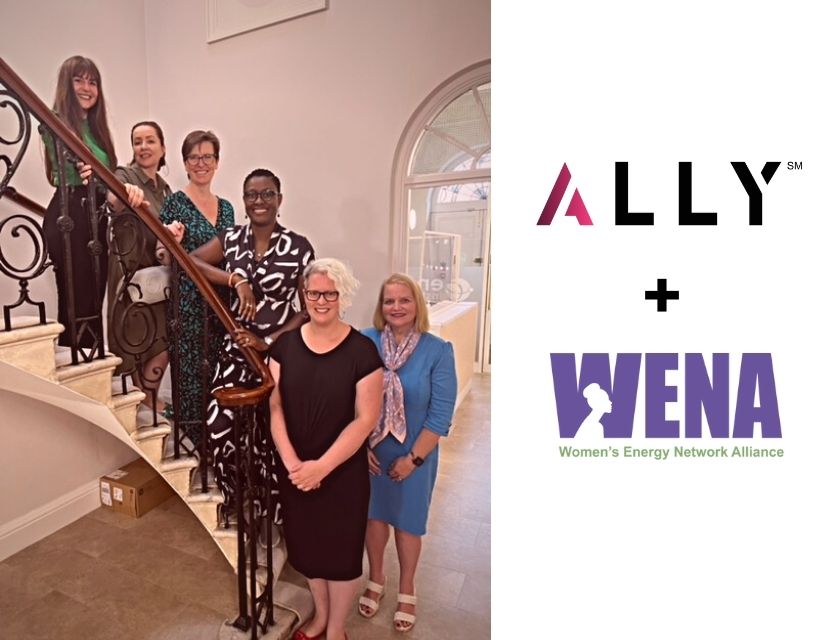Experience Energy, a Pink Petro company, released the results of our first-ever Energy Diversity & Inclusion Index™ (EDII™) at the GRIT Awards on Oct. 3rd, 2018. And we’re excited to share those results, which we discussed during the Demystifying D&I panel, with you.
Launched in July of this year, the index is the first of its kind, examining the state of inclusion across the energy sector. The concept was inspired by the Glass Ceiling Index; a report the New York Times has released each year for the last three years showcasing the number of women and men in leadership roles in American life. We wanted to provide those same answers for our industry.
What do employees in the energy sector believe makes culture truly inclusive?
The survey, powered by Survey Monkey, focused on three components of inclusion which can be tough to quantify: growth mindset, belonging, and objectivity. These components were based on research by Stanford University experts Carol Dweck, Greg Walton, and Geoffrey Cohon.
With more than 450 responses in the oil and gas, renewables, and services industries from over 60 companies globally, the data revealed some interesting truths. In order to move the needle, you have to look beyond the demographics to ensure your employees feel a sense of belonging. So, we took a hard look at the root causes that drive the data.
As Jason Korman suggested during the panel, in order to get past diversity and inclusions as risk mitigation in enterprise companies, we need to deal with the root causes: the beliefs and mindsets that drive behavior.
The results are in, and the data might surprise you.
Of those who participated in this survey, most agree that they feel like they belong to their company, ranking in at 46.12 percent. The majority would disagree that they feel like they might not belong at their company when something negative happens to them at work. And 46.12 percent believe their opinions are valued when they speak up at work.
But as we dive deeper into the more complex issues, the data takes an interesting turn. 32.35 percent, the majority, of the individuals who answered the survey do not believe that promotion decisions are fair within their companies. And when asked whether or not administrative tasks that don’t have a specific owner (like taking notes in meetings, scheduling events, cleaning up shared spaces) get divided fairly, 29.41 percent said they agree and the same percentage said they disagree.
The good news is, the majority indicated that they agree they feel respected and valued by their teammates and managers within their company.
40.26 percent said they agree that their company hires from diverse backgrounds, but the results indicate there’s a steady decline when it comes to the level of priority as you climb up the ladder from individual to direct managers to senior leaders. And only 4.87 percent said that hiring from diverse backgrounds is the most important priority among the senior leaders.
So now what?
To affect change in diversity and inclusion, it’s important to determine the beliefs and mindsets we need to shift in order to get the numbers to move. There’s no magic lever to pull when it comes to affecting culture change. We need to question what we’re not valuing, and what beliefs we need to change.
Download the comprehensive research results here.
“An open culture that encourages a clear identity and sense of belonging will engender more diversity.”
Katie Mehnert, CEO, Pink Petro



